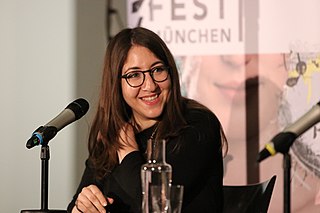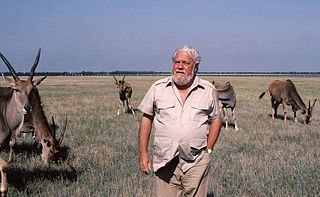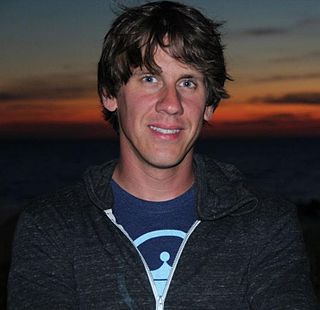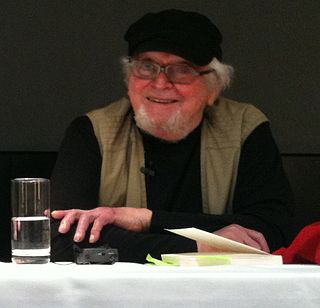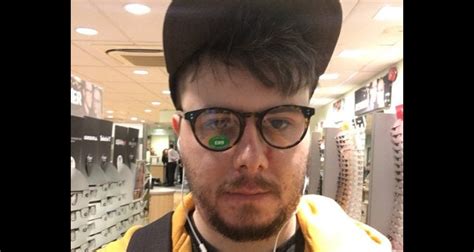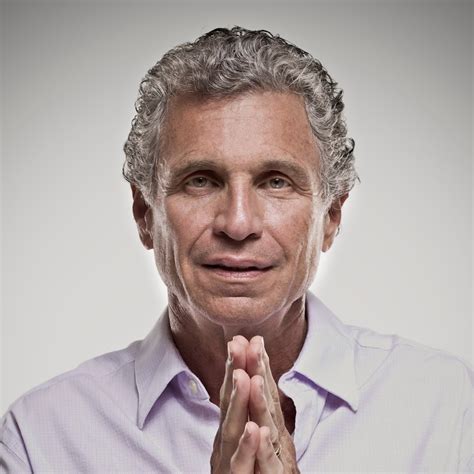A Quote by Deborah Feldman
I resolve to venture into the city on my own. I look at maps in the library—subway maps, bus maps, and regular maps—and try to memorize them. I’m afraid of getting lost; no, I’m afraid of sinking into the city as in a quicksand, afraid of getting sucked into something I can never escape.
Related Quotes
Regular maps have few surprises: their contour lines reveal where the Andes are, and are reasonably clear. More precious, though, are the unpublished maps we make ourselves, of our city, our place, our daily world, our life; those maps of our private world we use every day; here I was happy, in that place I left my coat behind after a party, that is where I met my love; I cried there once, I was heartsore; but felt better round the corner..., things of that sort, our personal memories, that make the private tapestry of our lives.
I suspect losing paper maps but gaining GPS and online maps is a similar step function: maps still exist, but they're vastly more useful, not to say permanently up to date, in their new form. Again, I won't be shedding any tears, but I'll keep a paper road atlas in the back of my car for another few years, I think, Just In Case.
What is it about maps and globes that seems to require our undivided attention? I've spent hours looking at maps of places I will never see and maps so old that they are a record of nothing but the faintest glow of the past. Perhaps they turn us into gods, letting us look down at the insignificant drones that occupy the earth. Or maybe they simply feed off our hunger to go off into the unknown. Venturing off to places where people don't chain themselves to tedious jobs and financial debts but places of imagination, mystery and freedom Perhaps they're just trying to tell us something.
At the core of One Spirit Medicine is the idea that how we perceive the world 'out there' is a projection of internal maps that shape our beliefs and guide how we think, feel and behave. These maps are the unconscious programs that drive our experience of life and the state of our health. The key to optimum health is to upgrade these unconscious maps and limiting beliefs that have been driving us to a toxic lifestyle and relationships.
I fear that I can no longer travel without technology. Twenty years ago, I loved getting on a bus in West Africa and taking off for a city I'd never been to before, relying on advice from out-of-date travel books and fellow passengers on the bus. Now, I end up using TripAdvisor, Yelp, and Google Maps. I probably eat and sleep better when I'm on the road, but I miss the mystery of travel when it was more random and unpredictable.
